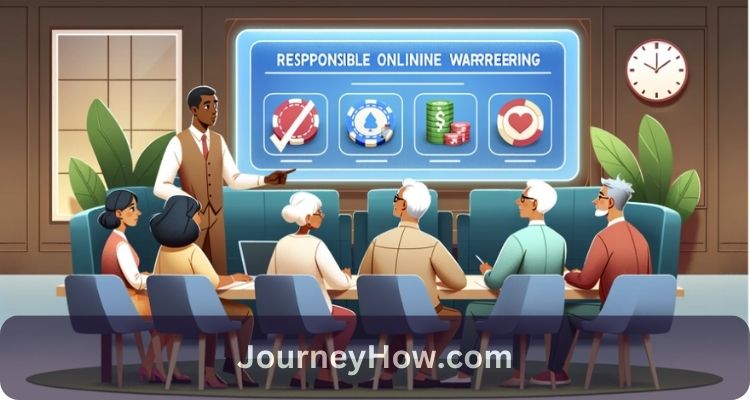As anyone who has passed middle school or high school algebra and pre-calculus can attest to, interest rates suck. Learning about them is not fun, and neither is finding out just how impactful that they can be on our lives in our adulthood. Wouldn’t it be nice if we could read over the terms of a contract, see the principal amount, and know that this was what we would be paying back?
Alas that this is not the case. In reality, you will have to pay some additional fees in the form of interest. While it is definitely a pain for borrowers, when you see it from the lender’s point of view, it does make a bit more sense. They are taking a risk by lending you money. The interest is what makes them any profit in the first place.
Given that explanation, it probably seems simple, right? Unfortunately, that is not the case. You see, there are varied forms of interest, and they are calculated differently. I remember learning about them in my algebra courses and thinking, “I will never need that.” How wrong I was!
The calculations themselves are not too terrible, at least. The equations can be hard to read and understand sometimes, but once you know what to plug in for the variables, a calculator can do most of the work. It is figuring out those variables which is the problem, of course. I will attempt to go over this with you today!

What is Interest?
Before you can attempt to make any calculations, it is probably a good idea to know what this is in the first place. As I briefly touched upon in the introduction, interest rates are basically the fee that we are paying to borrow money in the first place. They are how lenders earn revenue.
How does that work, then? No matter what you are borrowing for (so, that could be student loans, auto loans, a mortgage, or even a credit card), you will most likely encounter this. While you still will be responsible for paying back the entirety of the initial amount (called principal amount), you will also need to pay the interest on it. That exact percentage will vary, though.
How do Lenders Calculate Their Rates?
This is a fairly complex process, so do bear with me for a moment here. Most of the time, they will be examining your application and scouring it for your credit score and other evidence of your past with credit agreements. This is how they determine whether or not they consider you to be a “trustworthy” borrower.
So, if you have a history of paying things late and not being able to keep up with it, you have a higher chance of being rejected by banks and other financial institutions for further loans. If they do accept you, because of the risk that they are taking on, they will charge you a higher fee for borrowing. That is why those with poor-to-fair scores tend to have higher interest rates.
On the flip side there are borrowers who have high credit scores. Those mean that they demonstrate reliability and pay their bills on time. Typically, lenders will give them better interest rates because they are not nearly as risk to provide a loan to in their eyes.

Why You Should Care
Looking at the current global political and socio-economic situation, it is not exactly a secret that many countries are struggling with things like high inflation rates and supply chain disruptions. You may be wondering why I am talking about that here, but there is a good reason for it. All of these events impact the interest rates on things like loans.
Examples of this can be found all over the internet. An international window into this is here, https://www.billigeforbrukslån.no/lån-med-lav-rente/, where you can see some guidance on how to locate those lower interest rate credit agreements if you are searching outside of the United States or North America in general. It may surprise you how popular this has become as of late.
Staying informed and up to date on topics like this can help to give you a leg up on things like trying to get a good mortgage or auto loan. Taking advantage of lower rates on things like a credit-builder loan or a private one with a short repayment period can boost your score and increase the chances of getting those larger purchases approved!
Additionally, knowing this stuff can help you to sort of “shop” between your different options. Lenders are a dime a dozen these days, it seems. Finding those that offer competitive rates and are not trying to rip you off can go a lot more smoothly if you understand how all of this works. Otherwise, it can be easy to be led astray by dubious marketing tactics.
At the end of the day, educating ourselves on finances will always be important, no matter how dull or drab it can be. I appreciate you taking the time to read this article today. While it may not be the most exciting topic ever to read about, it will be able to serve you well in the future.
A final note that I want to make is to explain “APR,” or annual percentage rate, to you. You will likely see many websites and lenders mentioning it, but unfortunately it is sort of assumed that you know what it is. Luckily, it is not too hard to understand or to explain in the first place.
Basically, it is just the interest that you will be paying for any given calendar year. The lender will usually calculate this for you and present it to you as that APR. There you have it – not too hard, right?
Now that you are more prepared, you can feel free to start investigating your various lender selections! Foreign banks and virtual platforms have expanded our horizons there, so try not to keep yourself limited!



























+ There are no comments
Add yours